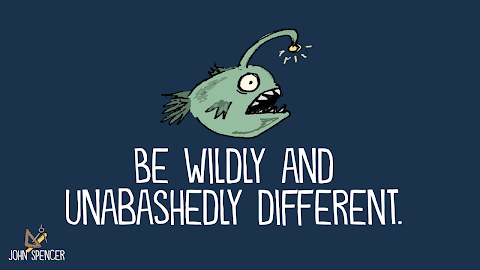"Why rejection hurts so much"
One of this week's articles was titled "Why rejection hurts so much" by psychologist Guy Winch. He tells us how that when we feel rejection, our brains respond to it in the same way we feel physical pain.
The damage that rejection causes is mostly self-inflicted, as we blame ourselves for the rejection, I've gotten better at not blaming myself for things as I've gotten older. This is very unhealthy and as Guy describes it, "psychologically self-destructive". There are ways to deal with this though, the first step is:
Do not criticize yourself. Though this may be easier said than done, it's much healthier to review what you might have done wrong in a situation and what you can do next time, instead of just blaming yourself and calling yourself names.
Build your confidence. Think of five qualities you have that are important, write them down and try and make a paragraph about each. And one thing I would like to add to this step is to compliment yourself, who cares if people think you're being "full of yourself", if you're good at something you should know it.
Boost feelings of connection. Talk to your friends and family and remind yourself that you are loved and valued by the people around you, especially after a rejection.
"Seven ways to crush self-doubt in creative work"
This next article was written by a man named John Spencer. He makes a very good list of ways to tackle seld doubt, and if paired with some of the steps from the last article, they could really benefit us in CDM.
Don't compare yourself to others. Obvious first choice but a lot of people can't help it.
Abandon perfectionism. I covered perfectionism in another one of my blogs and how it can affect us, but I've fallen victim to this a lot, I thought of myself as a perfectionist but it's actually a really harmful mindset to have.
Be vulnerable to a trusted community. This one is a bit looser than the rest so far but what I've been able to understand is just being honest and open with a group of friends or family that you trust.
Embrace a growth mindset. Another one that I covered in my blog already. Read about growth mindset here.
Set goals that are in your control. This is another good one, by making small, obtainable goals, this will boost your confidence and give you hits of serotonin everytime you complete a task and will help in your creative work. Learn more about that here.
Treat your work as an experiment. if you don't view your outcome of work as a failure, you always treat your creative work as an experiment, like it's always in beta form, you can never be disappointed with the outcome.
The last point is to just trust yourself. You know who you are and know better than anyone.

Comments
Post a Comment